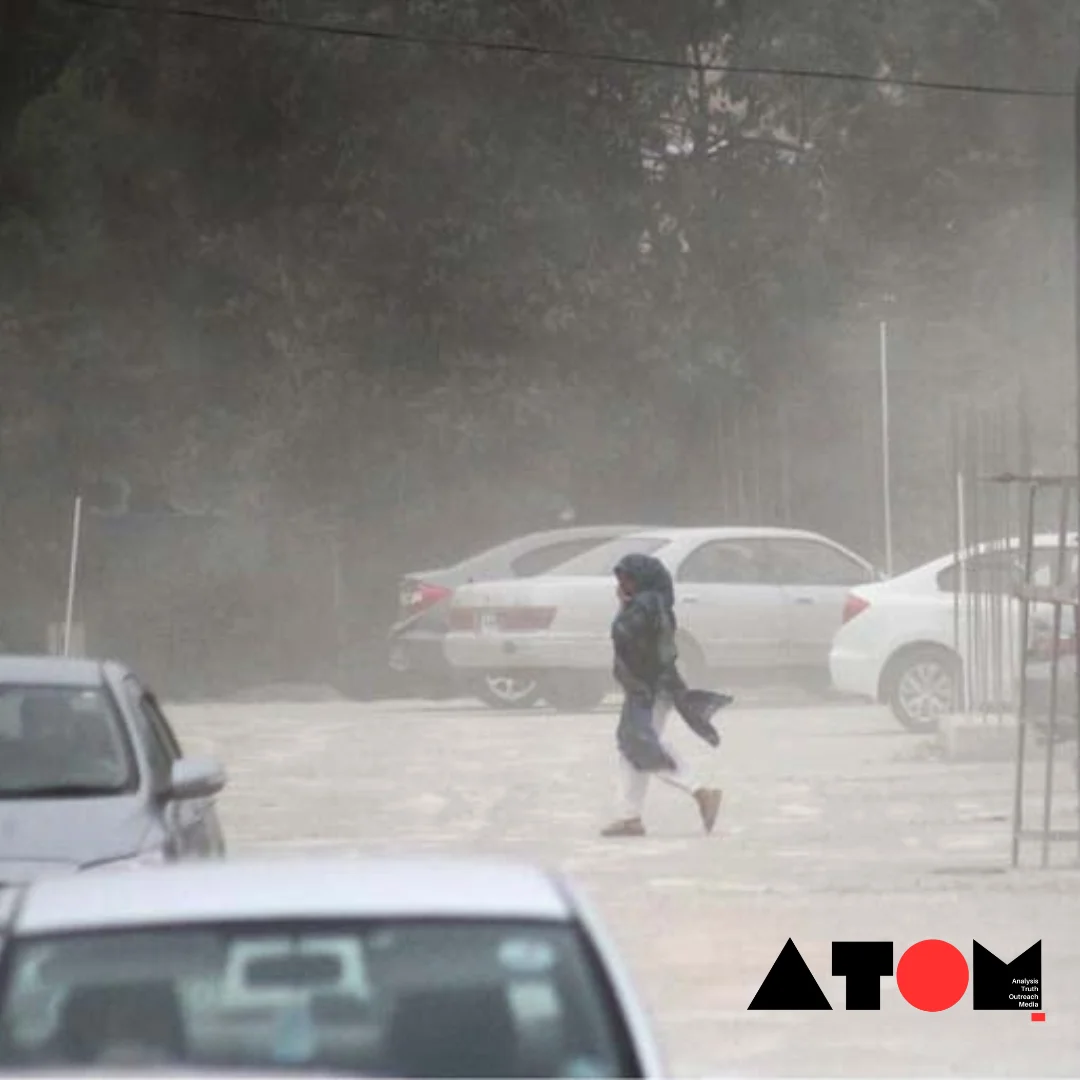Anticyclone Influence Over the Arabian Sea
According to preliminary data, Mumbai was influenced by clockwise winds or an anticyclone that persisted over the Arabian Sea. This occurrence, which has been seen for nearly two months, has important consequences for the city’s weather patterns. The convergence of diverse circulation elements frequently results in the formation of unusual weather occurrences. Understanding these intricate connections is critical for predicting and reducing the consequences of such events.
Impact of West Asia Warming on Mumbai’s Weather
The rapid warming in West Asia has caused a northward shift of southwesterly winds across the Arabian Sea. This shift, which is most noticeable in March-April-May, has far-reaching consequences for Mumbai’s weather patterns.
Dust Storms and Rainfall
The recent dust storm in Mumbai can be ascribed to the combination of the rising Arabian Sea, northward winds, and dust-laden air masses from the Arabian Peninsula and Pakistan. These phenomena contribute to the city’s fluctuating weather patterns.It is anticipated that the warming trend in West Asia will persist, further influencing wind patterns over the Arabian Sea. This tendency is projected to aggravate excessive heat and rainfall, prompting aggressive adaptation and mitigation efforts.
Impact on Extreme Weather Events
The northward shift of winds and warming of the Arabian Sea are projected to increase the frequency of extreme rainfall events in northwest India and Pakistan. Predicting and preparing for these events is critical to reducing their negative consequences. Given the changing climatic dynamics, addressing urban heat island impacts through green cover and anti-flooding measures should be priority. These solutions can help to mitigate the effects of extreme weather events on Mumbai’s urban environment.
Agricultural and Water Management
In response to changing weather patterns, it is critical to implement solutions for better managing agriculture, water resources, and energy. Proactive efforts can help to reduce the impact of climate change on critical sectors. As Mumbai grapples with the effects of West Asian warming on its weather, proactive and planned solutions are required. Understanding and responding to changing climate dynamics allows the city to better prepare for future weather difficulties while also ensuring the resilience of its infrastructure and community.
Read more: Marketing News, Advertising News, PR and Finance News, Digital News





